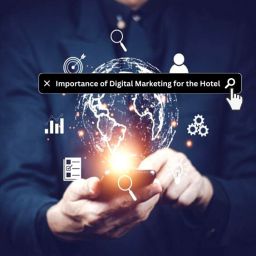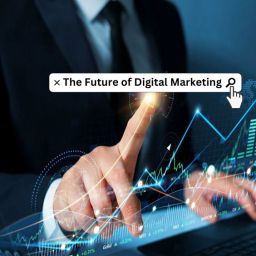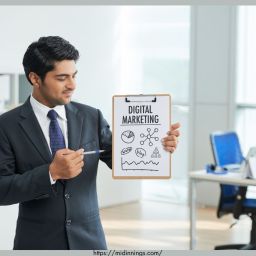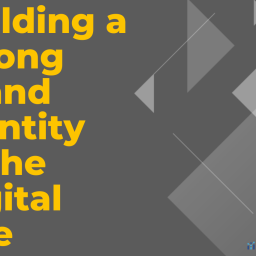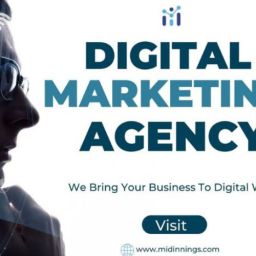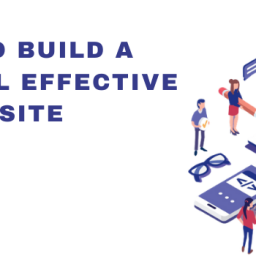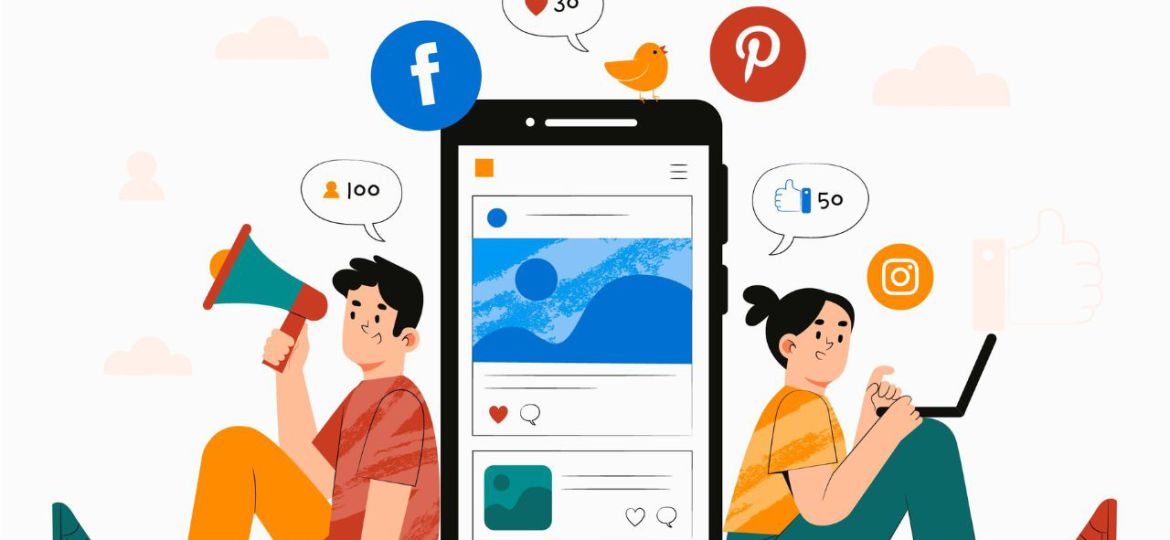
Importance of Digital Marketing in Today’s Era
In today’s digital age, where technology has become an integral part of our daily lives, it is no surprise that businesses are increasingly leveraging digital marketing strategies to reach their target audience. Digital marketing is the promotion of products or services through various online channels, such as websites, social media platforms, search engines, email marketing, and more. This blog will explore the importance of digital marketing in today’s era and why it is crucial for businesses to embrace this powerful tool.
1. Reach a Wider Audience
Digital marketing has plenty of great perks, one of which is its capacity to connect with a huge and varied audience. With billions of people using the internet and engaging in social media, businesses can take advantage of digital marketing to reach potential customers globally. By targeting specific demographics, interests, or behaviours, businesses can tailor their marketing messages and campaigns to resonate with their target audience, ultimately increasing their reach and exposure.
2. Cost-Effective Marketing Solution
Compared to traditional marketing methods like print advertising or televised commercials, digital marketing is a cost-effective solution for businesses of all sizes. With digital marketing, businesses can strategically allocate their marketing budget to target specific audiences and measure the return on investment (ROI) more accurately. Online advertising platforms, such as pay-per-click (PPC) ads, allow businesses to pay only when their ads are interacted with, ensuring that they are spending their marketing dollars wisely.
3. Enhanced Personalization and Targeting
One of the key strengths of digital marketing is its ability to personalise marketing messages and target specific audiences. Through data analytics and tracking tools, businesses can gather valuable insights into customer behaviour, preferences, and interests. Armed with this information, businesses can create personalised marketing campaigns that speak directly to their target audience, increasing the likelihood of engagement and conversions. Personalization also enhances the overall customer experience, fostering loyalty and repeat business.
4. Increased Engagement and Interaction
Digital marketing offers numerous opportunities for businesses to engage and interact with their audience. Social media platforms, for example, allow businesses to actively engage in conversations, respond to customer inquiries, and build relationships with their audience. This level of engagement not only builds trust and credibility but also provides valuable feedback and insights that can help businesses improve their products or services.
5. Measurable Results and Insights
Digital marketing provides businesses with measurable results and real-time insights into the performance of their marketing campaigns. Through analytics tools, businesses can track the success of their marketing efforts, such as website traffic, conversion rates, click-through rates, and more. This data allows businesses to make data-driven decisions, optimise their marketing strategies, and allocate resources effectively to achieve better results.
6. Flexibility and Adaptability
Unlike traditional marketing methods that often require significant lead time and resources, digital marketing offers businesses a high level of flexibility and adaptability. Online campaigns can be launched quickly, allowing businesses to respond to market trends and consumer demands in real-time. Digital marketing also provides the flexibility to make changes to campaigns on the fly, ensuring that businesses stay relevant and competitive in a fast-paced digital landscape.
In conclusion, digital marketing has become an essential tool for businesses in today’s era. Its ability to reach a wider audience, cost-effectiveness, personalization, increased engagement, measurable results, and flexibility make it a vital component of any successful marketing strategy. By embracing digital marketing, businesses can stay competitive, connect with their audience, and drive growth in the digital age.





